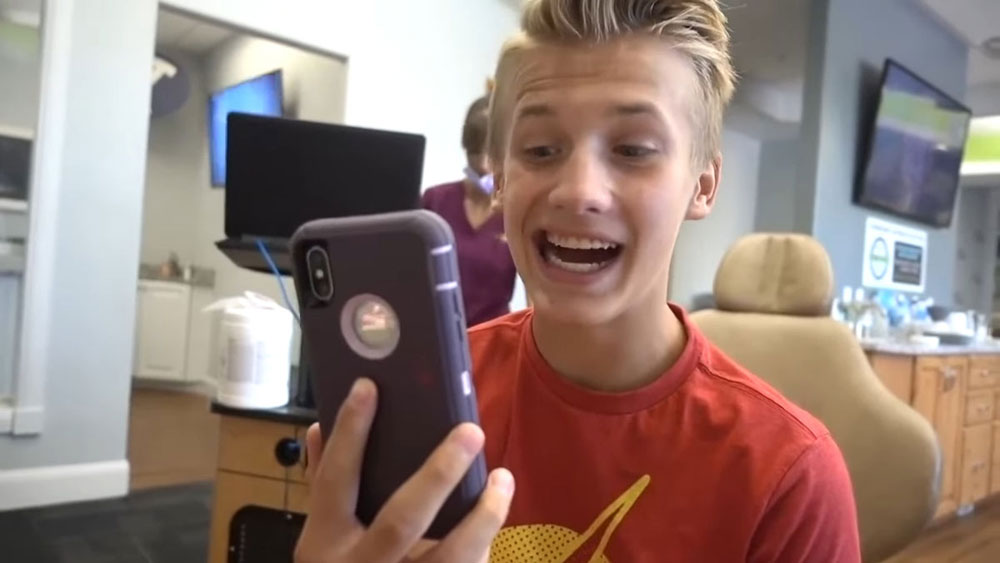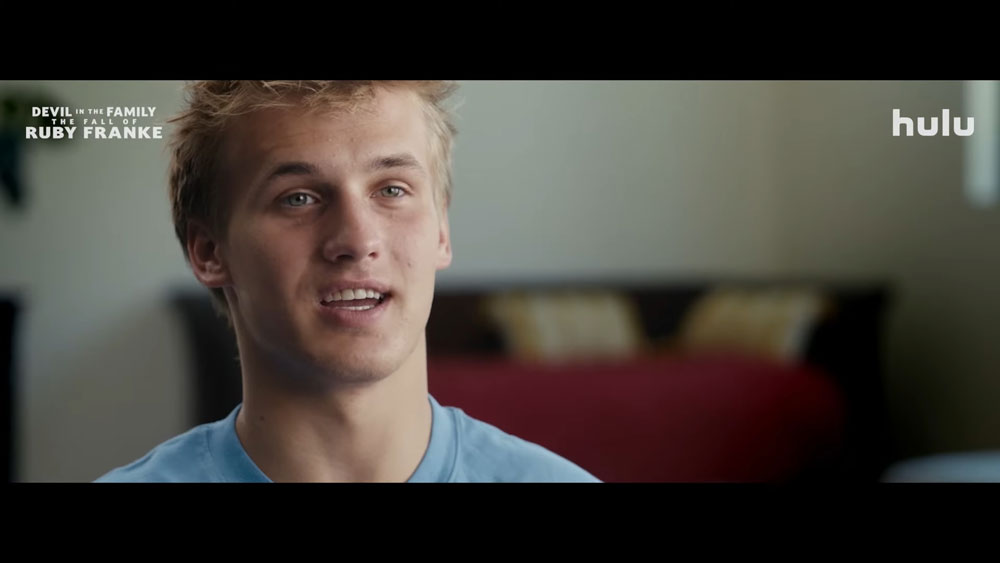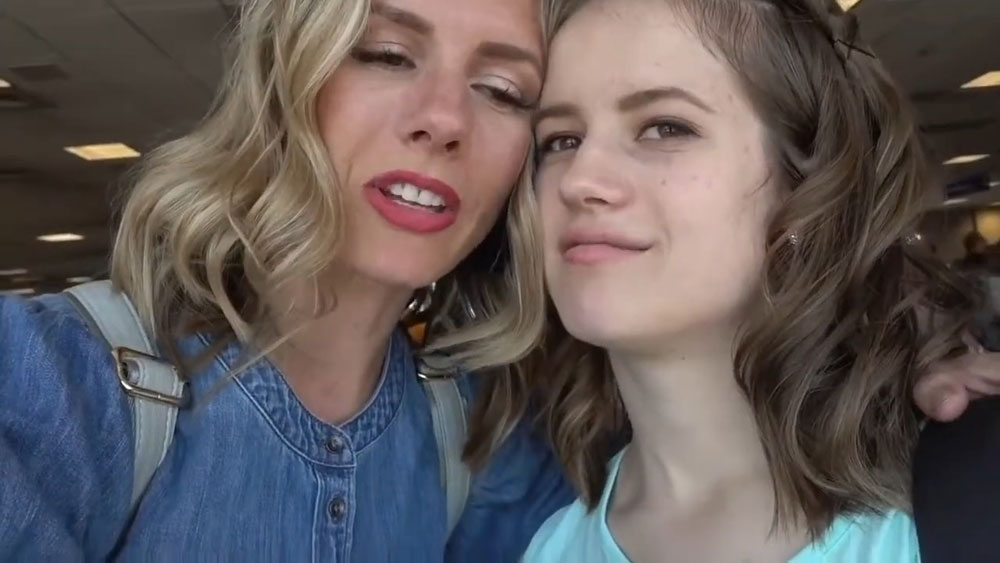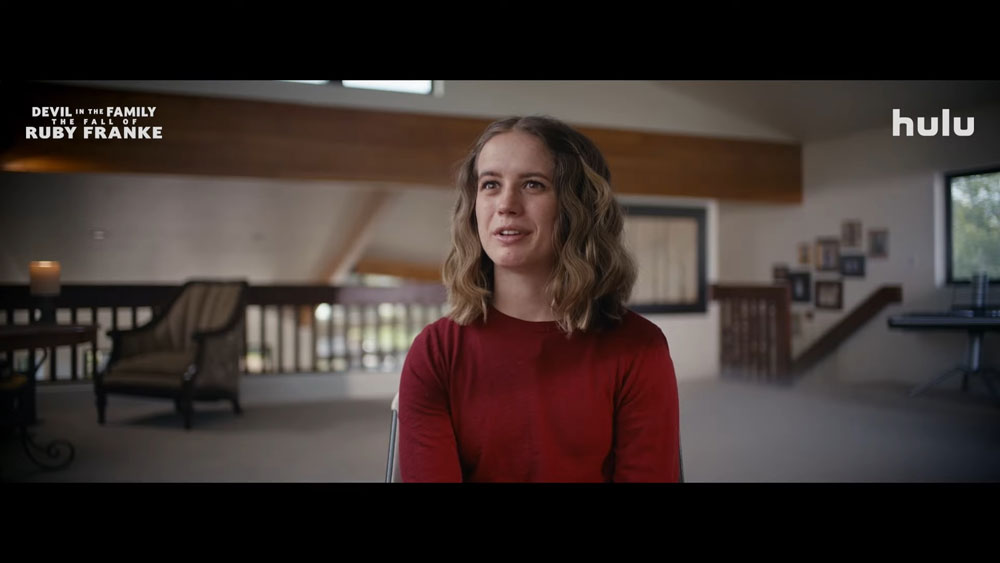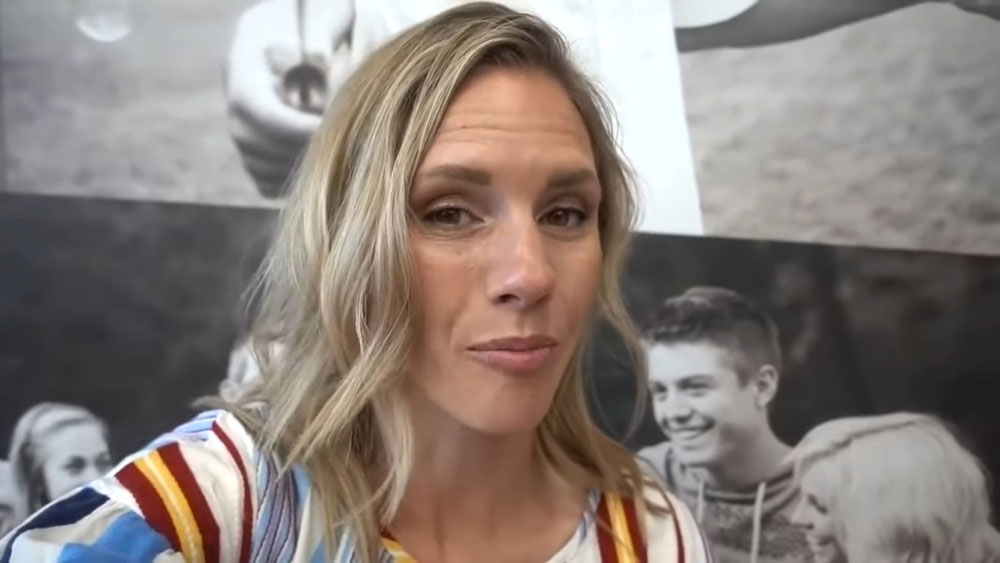
In 2023, a YouTube ‘mom-fluencer’ named Ruby Franke shocked viewers when she was outed as a horrible monster that abused her children. I won’t recap it, but you can read about it here. Ruby and her accomplice, another YouTuber named Jodi Hildebrandt, were sentenced to 30 years in prison last February. The case shone a spotlight on the genre, which is also known on TikTok as “MomTok.” It also renewed concerns about the children who are starring in these videos.
Utah, where the Frankes live, is a family influencer hotspot. In their heyday, the Franke children starred in up to five videos per week and had 2.5 million viewers. Following Ruby’s conviction, the state’s legislature has just passed new legislation to add protections for child influencers. The law gives these kids the option to have their underage content deleted once they’re adults and mandates that money be set aside for children who appear on social media or in film and TV projects be set aside for them in a trust. California, Illinois, and Minnesota have already passed similar laws.
Utah on Tuesday added new protections for the children of online content creators following the child abuse conviction of Ruby Franke, a mother of six who dispensed parenting advice to millions on YouTube before her arrest in 2023.
Gov. Spencer Cox signed a law under the encouragement of Franke’s now ex-husband that gives adults a path to scrub from all platforms the digital content they were featured in as minors and requires parents to set aside money for kids featured in content. Kevin Franke told lawmakers in February that he wished he had never let his ex-wife post their children’s lives online and use them for profit.
“Children cannot give informed consent to be filmed on social media, period,” he said. “Vlogging my family, putting my children into public social media, was wrong, and I regret it every day.”
The Frankes launched the now-defunct “8 Passengers” channel on YouTube in 2015 and began chronicling daily life as a seemingly tight-knit Mormon family in Springville, Utah. With its large nuclear families and religious lifestyles, the state is a hotbed for the lucrative family blogging industry. The reality show “The Secret Lives of Mormon Wives” brought widespread attention to a group of Utah-based Mormon moms and TikTok creators known as “MomTok” who create videos about their families and faith.
The content-creation industry is largely unregulated, but several states have added certain safeguards in recent years. Illinois, California and Minnesota have enacted laws protecting the earnings of young creators, and Minnesota’s law includes a similar provision to Utah’s that allows content featuring minors to be taken down.
In a memoir published after her mother’s arrest, Shari, the eldest child, described how Ruby Franke’s obsession with “striking content gold” and chasing views led her to view her children as employees who needed to be disciplined, rather than children who needed to be loved. Shari wrote that her mother directed the children “like a Hollywood producer” and subjected them to constant video surveillance. She has called herself a “victim of family vlogging” and alluded in her book to early signs of abuse from her mother, including being slapped for disobedience when the now 22-year-old was 6.
Under the Utah law, online creators who make more than $150,000 a year from content featuring children will be required to set aside 15% of those earnings into a trust fund that the kids can access when they turn 18. Parents of child actors appearing in TV or film projects will also be required to place a portion of their earnings in a trust.
At a hearing last month, Kevin Franke read statements in support of the bill written by two of his daughters, ages 16 and 11. He filed for divorce shortly after his wife’s arrest and petitioned to regain custody of his children from the state. His lawyer, Randy Kester, did not respond to email and phone messages over the past week seeking to confirm whether Kevin Franke had regained custody in the sealed case.
Eve Franke, the youngest child who police found emaciated with her head shaved, wrote in a statement to lawmakers that they had power to protect other kids from exploitation.
“I’m not saying YouTube is a bad thing. Sometimes it brings us together,” she wrote. “But kids deserve to be loved, not used by the ones that are supposed to love them the most.”
I remember when YouTube started regulating the monetization of children’s content. It was aimed at protecting the kids who were watching videos. I think Utah’s new law to protect the kids who are starring in these videos is a good start. However, I don’t think it goes far enough. Why pick $150,000 as the threshold? Families making $50k a year can also be f-cking up their kids. Where are the protections to at least try and protect their mental, emotional, and physical health? Can they somehow do welfare checks? Rules were put into place for child actors in Hollywood for a reason. Does TikTok also have any regulations? Who is protecting child influencers from their own parents? There’s also the fact that kids just want to be kids. Sure, it may be fun to be “famous” for a little while but at the end of the day, it’s a job and those children will eventually be miserable about the normal childhood that they’re missing out on.
Photo note by CB: Photos are screenshots from the trailer for the YouTube documentary Devil in the Family and from 8 Passengers on YouTube. The children whose faces are shown in these screenshots are now adults who participated in the documentary
